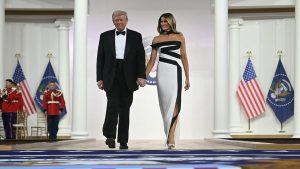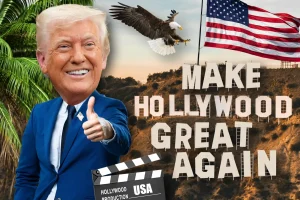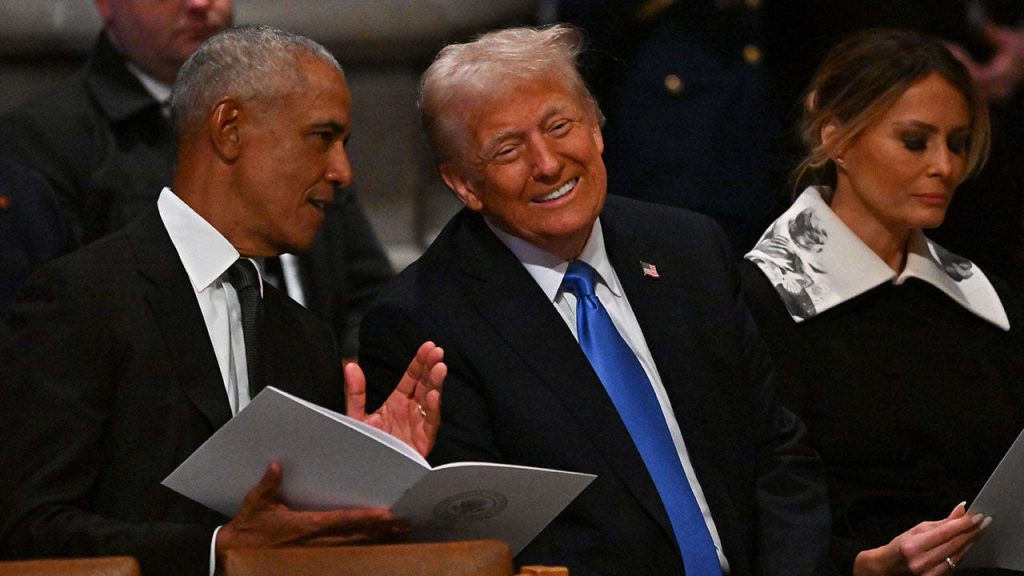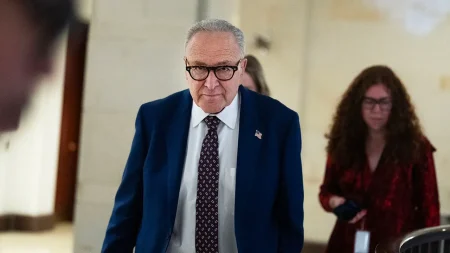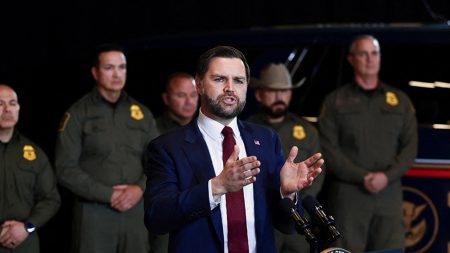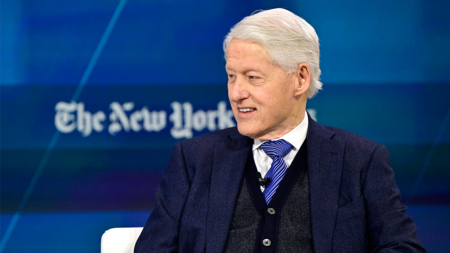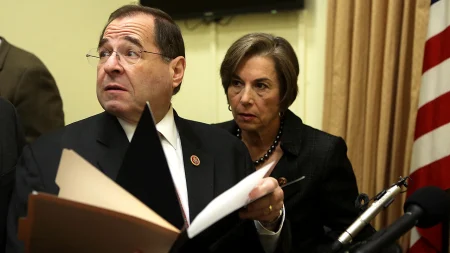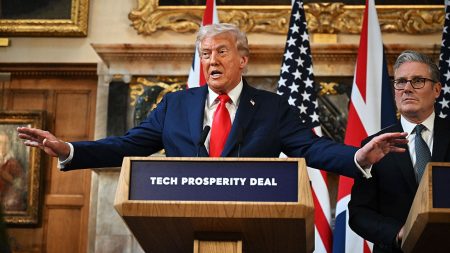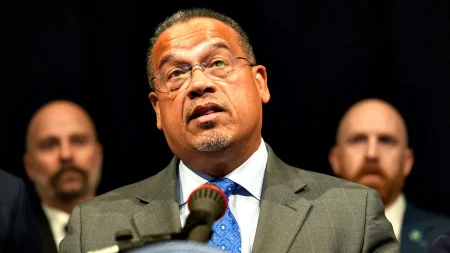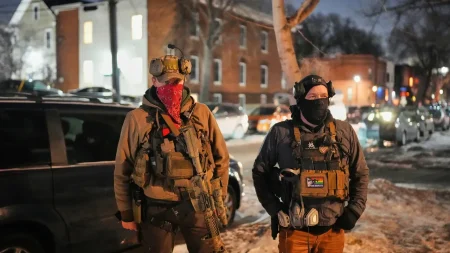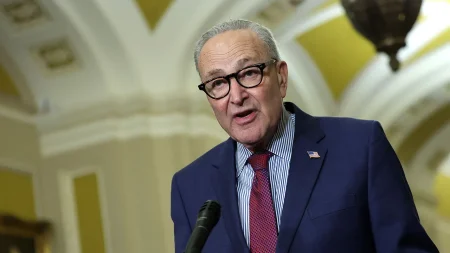Obama’s Warning: Trump’s Policies Threatening American Liberties
Barack Obama has raised a red flag about what he sees as dangerous trends emerging from the Trump administration. The former president took to social media platform X to share his concerns, citing a recent interview on “The Ezra Klein Show” that discussed Trump’s threats to send National Guard troops into Democratic-led cities like New York and Chicago. Obama’s warning comes at a time of increasing tension between federal and state authorities over crime management and the appropriate use of military resources on domestic soil. His comments highlight a growing divide in how political leaders view the balance between maintaining public safety and protecting civil liberties.
Obama specifically pointed to what he describes as an alarming “federalization and militarization of state and local police functions” under Trump’s leadership. He expressed deep concern about the “erosion of basic principles like due process” and warned about expanding military use on American soil—issues he believes should worry citizens across the political spectrum. The former president’s critique comes in direct response to Trump’s recent declarations about potential federal interventions in cities like Chicago, where crime rates have remained a persistent challenge for local leadership. These statements from Obama reflect his ongoing engagement with American politics post-presidency, particularly on issues related to civil liberties and constitutional boundaries.
The conflict centers largely on Chicago, Obama’s hometown, where Trump has highlighted recent violence statistics to justify potential federal action. “Governor Pritzker had 6 murders in Chicago this weekend. Twenty people were shot. But he doesn’t want to ask me for help,” Trump posted on his Truth Social platform, directly challenging Illinois’ Democratic leadership. Trump’s suggestion that he could unilaterally deploy forces to address urban crime has become a flashpoint in the broader national debate about federalism, public safety, and the proper role of presidential authority. His “STAY TUNED!!!” sign-off hints at potential dramatic action that has alarmed Democratic officials at both state and local levels.
Democratic leaders in Illinois have responded forcefully to Trump’s threats of federal intervention. Governor JB Pritzker bluntly stated, “I say, ‘Mr. President, do not come to Chicago. You are neither wanted here nor needed here.'” This resistance reflects deep concerns among Democratic officials that federal intervention could exacerbate tensions rather than resolve them, potentially undermining local governance and community-based approaches to public safety. The standoff illustrates the fundamental disagreement between Trump’s vision of federal authority as a necessary solution to urban crime and Democratic leaders’ view that such intervention represents governmental overreach that threatens both local autonomy and constitutional principles.
The dispute touches on profound questions about American governance that transcend immediate political disagreements. Obama’s framing of the issue as one that “should concern Democrats and Republicans alike” attempts to elevate the conversation beyond partisan politics to focus on constitutional principles and the traditional limits on federal power. His warning about the “liberties of all Americans” being at risk suggests a concern that precedents set during this administration could have long-lasting consequences for the relationship between citizens and their government, regardless of which party holds power in the future. This perspective positions the debate not merely as a political disagreement but as a constitutional moment with potential historical significance.
As this tension between federal authority and local governance continues to unfold, it reflects broader divisions in American society about how to address persistent challenges like urban crime while preserving civil liberties and constitutional boundaries. Trump’s approach emphasizes decisive federal action, appealing to those frustrated by persistent crime problems in major cities. In contrast, Obama’s warning highlights concerns about the long-term implications of expanding federal authority over traditionally local matters. Both perspectives claim to prioritize Americans’ safety and freedom, but they represent fundamentally different visions of how government should function in addressing domestic challenges. This debate—about the proper balance of power, the role of federal intervention, and the protection of civil liberties—will likely remain central to American political discourse well beyond the current administration.
